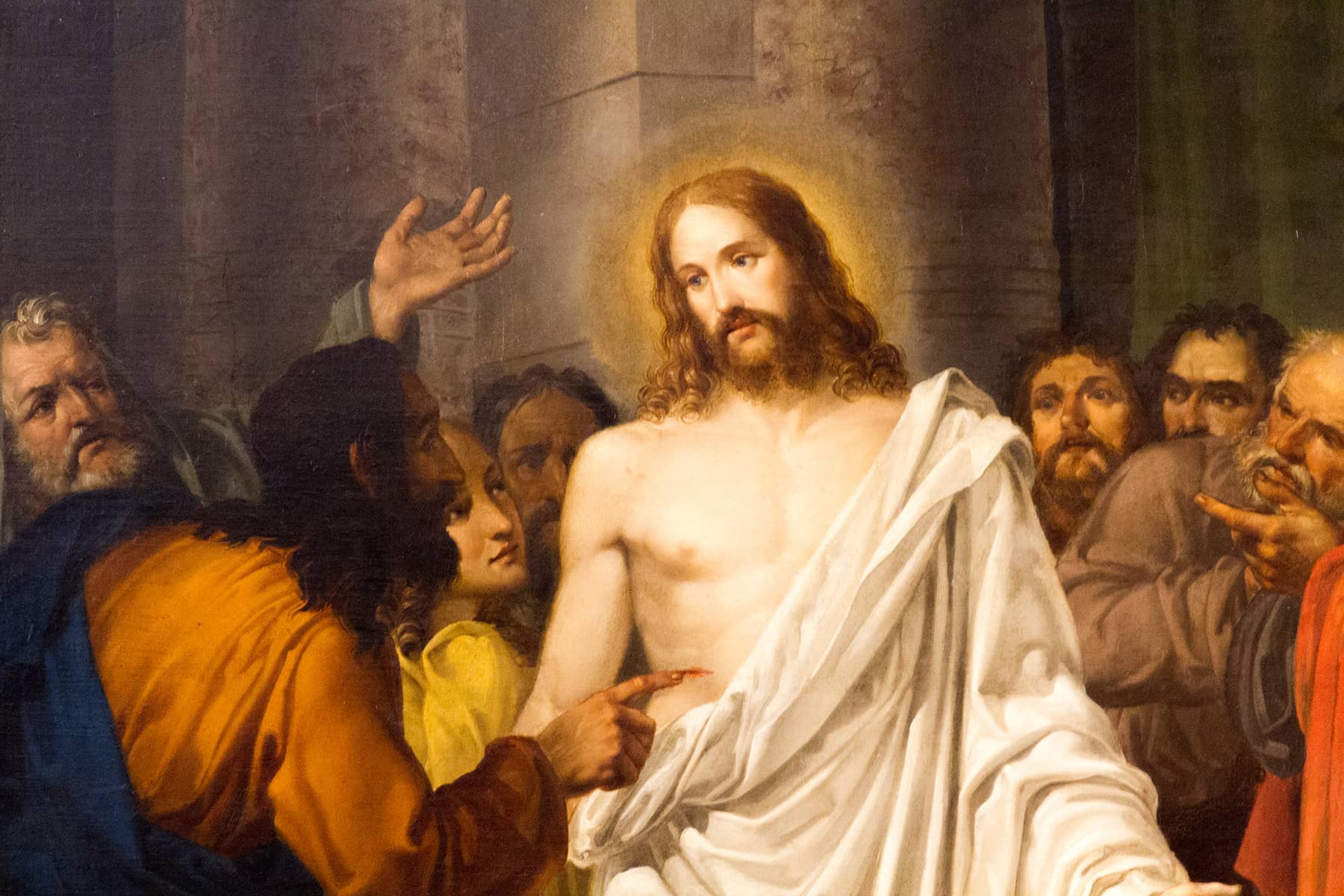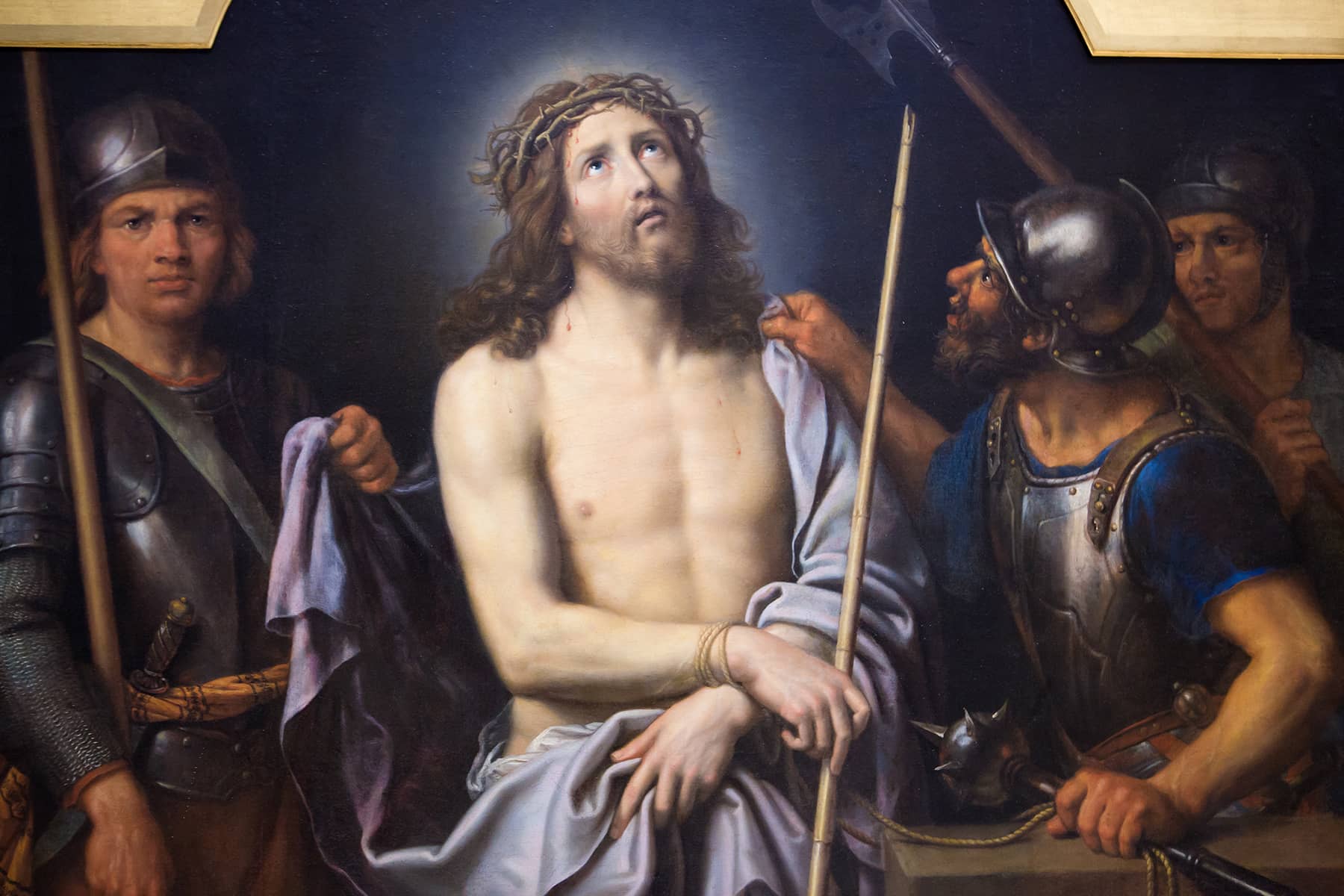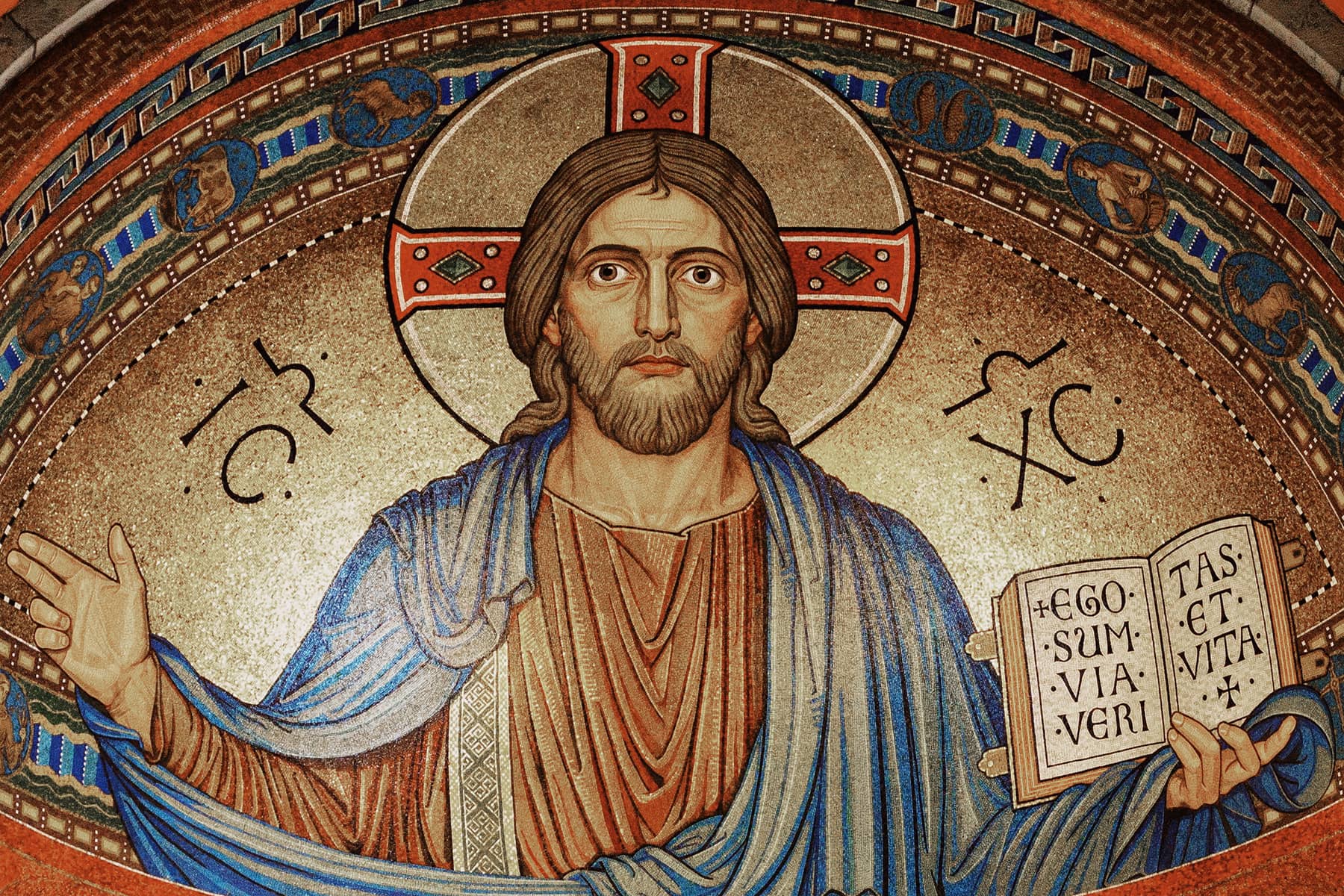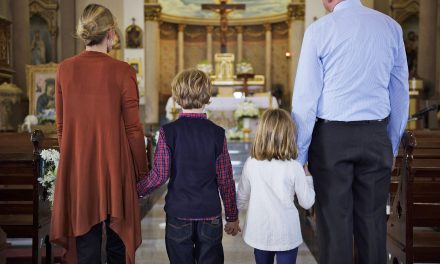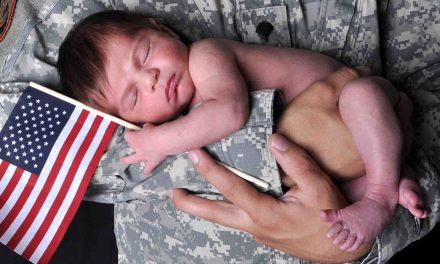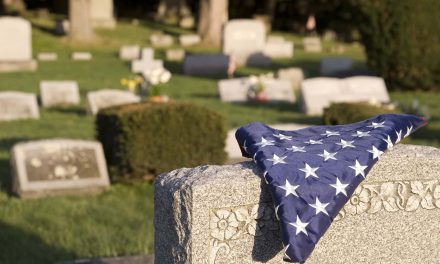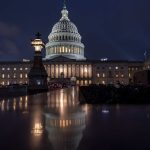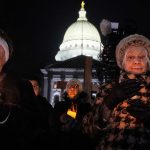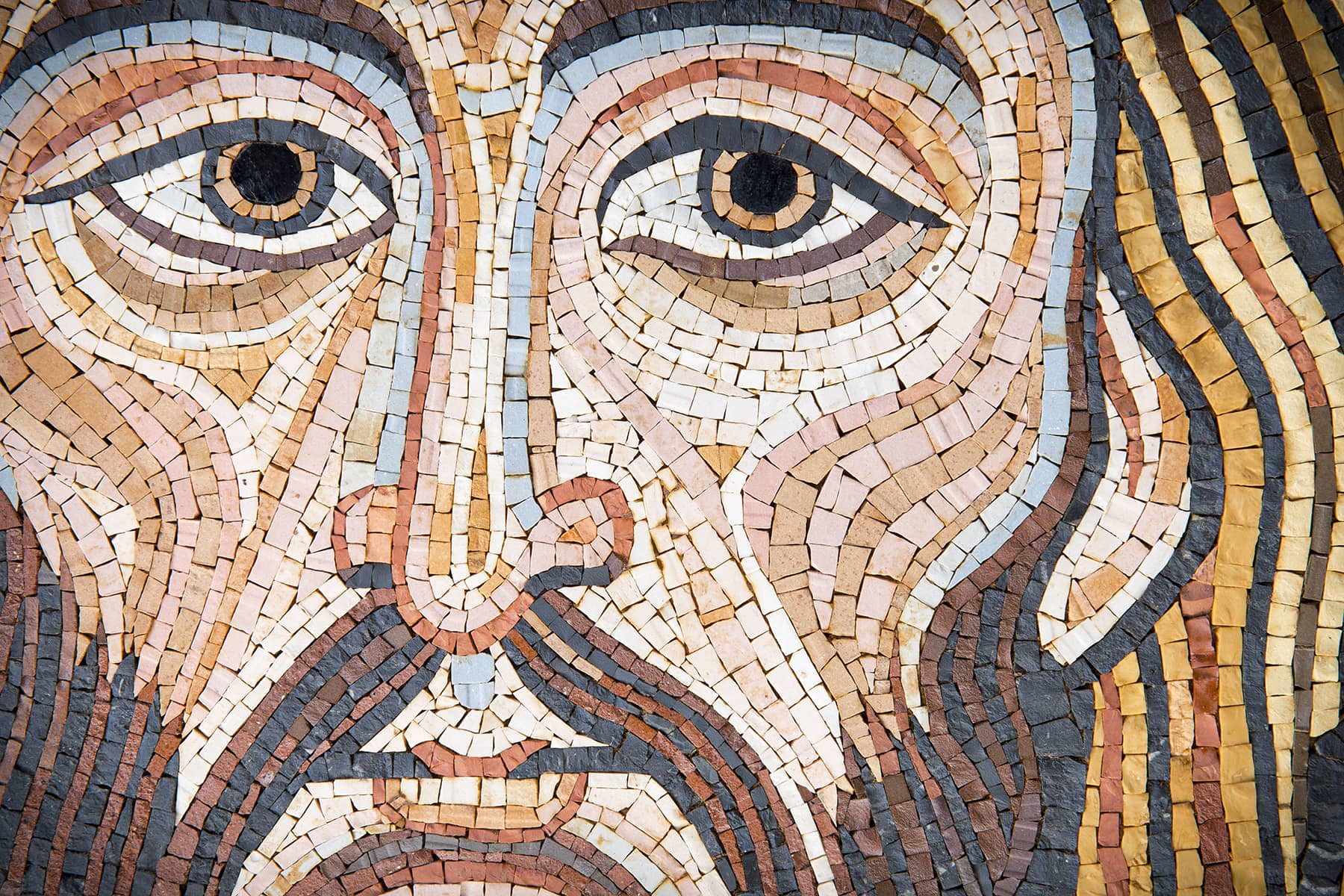
Growing-up I lived with an image of Jesus. I am talking about a literal picture that inhabited our family room, my Catholic school hallways, and the homes of many of the Christians I knew.
With angular features, blue eyes, and flowing golden hair this Jesus was calm, quietly confident — and decidedly White.
And it was this depiction of Christ that quietly shaped my working theology and my understanding of the world in ways I am only now just beginning to understand and slowly learning to jettison.
There is a subtle racism that so many White Christians are born into, one that runs silently in the background of our spiritual operating systems. When the Jesus you see in your head looks like you, it is almost impossible not to view yourself and others with a distorted lens: one where you are more in the image of God than another, more possessing of dignity, more deserving of respect, more worthy of love.
While I would never have taken direct ownership of any overt bigotry as a young man, (and certainly would have violently rejected the label of racist), looking back now I have been able to see how my whitewashed portrait of Jesus told me a false story about God and about people of color. It made me more fearful of difference and less compassionate toward strangers who did not look like me.
I have slowly come to realize the invisible barrier it has often been to me more clearly seeing and being moved by the inequity around me. Sure, I would say that God so loved the world but subconsciously believing that I was what God looked like, insulated me from the suffering outside my window when it proved too frightening or inconvenient.
It is clear that generations weaned on White Jesus have altered organized religion here. In these days when we are experiencing a renaissance of open racism in America, the silence of so much of the White Christian Church has been conspicuous and damning.
The defiant refusal of so many White Christians: to utter the phrase “Black Lives Matter,”
to recognize the disparity of experience across color lines, to name the violence against black men by law enforcement, to condemn gerrymandering and voter suppression, or to reject a political party brazenly marginalizing the voices of people of color — tells me that they still unknowingly worship and serve a very White Jesus and still probably see God as ultimately in their image.
And this is rendering too much of the White American Church a quiet, complicit spectator right now, when it should be fully engaged on the front lines of the work of peace and justice. It should be confronting its own. It should be facing itself. The Church should be the greatest adversary to White nationalism instead of its most powerful ally.
America has never been a “Christian nation,” as Conservatives claim, but for most of its history, power and privilege have been in the hands of religious White people with a Caucasian Christ. These folks have written the story of faith and race in this country—and it is a tragedy. It needs to be rewritten in realtime right now, and this is the critical work to which we are called.
The more this season of our nation unfolds, the more I am convinced I am that White Christians need to reject and discard this whitewashed image of Christ, not because we were ashamed of our whiteness but because we do not want to make an idol of it the way too many Republicans and Evangelicals have.
America is here in this place of violence and acrimony and disconnect, largely because White people of faith have failed to accurately recognize and fight for the divinity in their brothers and sisters of color, and it is a flat-out sin worthy of our full repentance. We cannot be silent in these days or we will be proving our allegiance is not to God but to our own likeness and self-preservation.
Until the White Christians can clearly picture the God reflected in all of humanity equally, we will continue to purposefully or unintentionally devalue those who look or talk or believe differently than we do. We will continue to tolerate or nurture the very racism that still so afflicts our nation.
I am determined to living the rest of my life as a Christian humbled by the presence of Christ in those around me. As a White follower of Jesus who wants to be part of a more redemptive season in America’s history, I am saying goodbye to White Jesus so that I can fully find him in the eyes of all my neighbors.
John Pavlovitz
Fouad S, Fausto Renda, Jorisvo, and Adam Jan Figel
The original version of this Op Ed was published on johnpavlovitz.com
John Pavlovitz launched an online ministry to help connect people who want community, encouragement, and to grow spiritually. Individuals who want to support his work can sponsor his mission on Patreon, and help the very real pastoral missionary expand its impact in the world.

